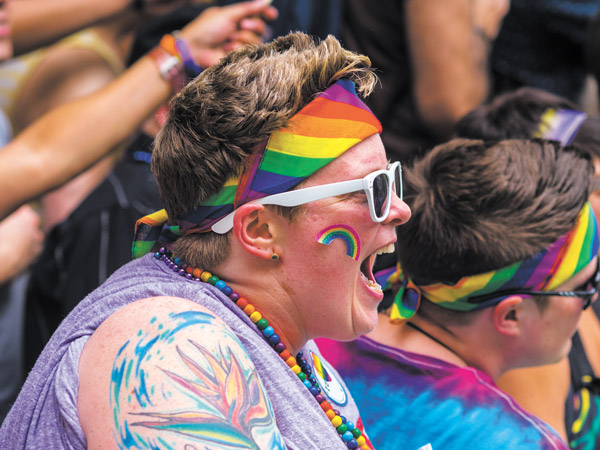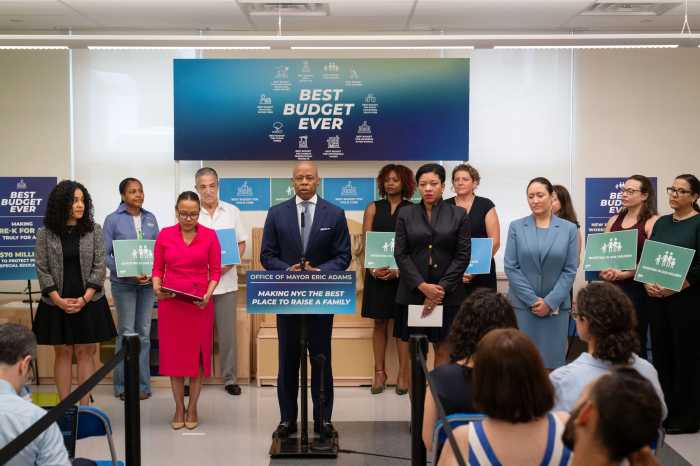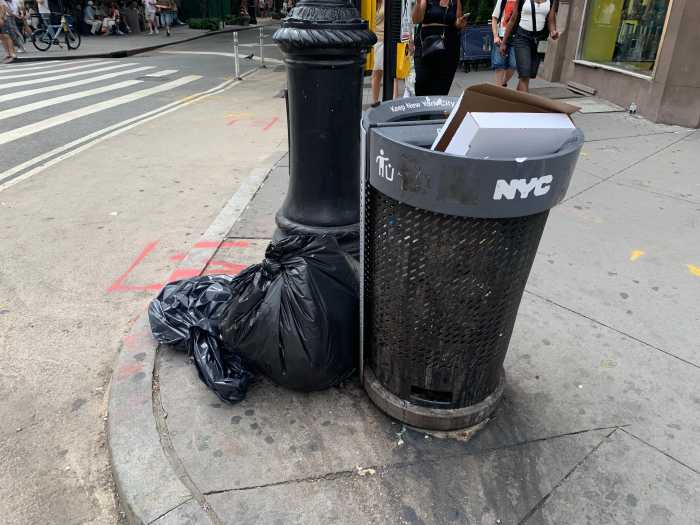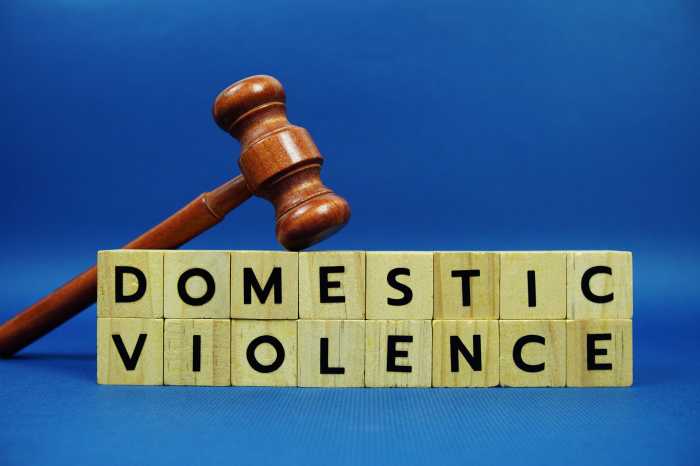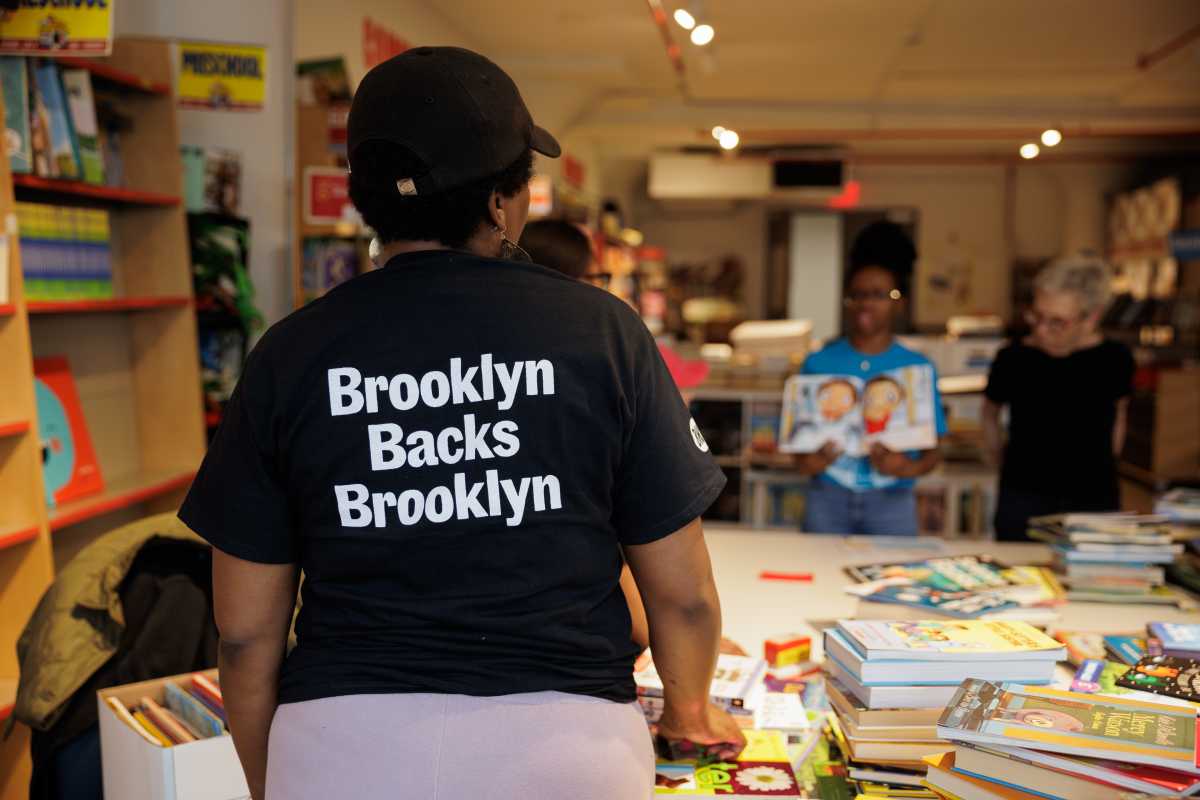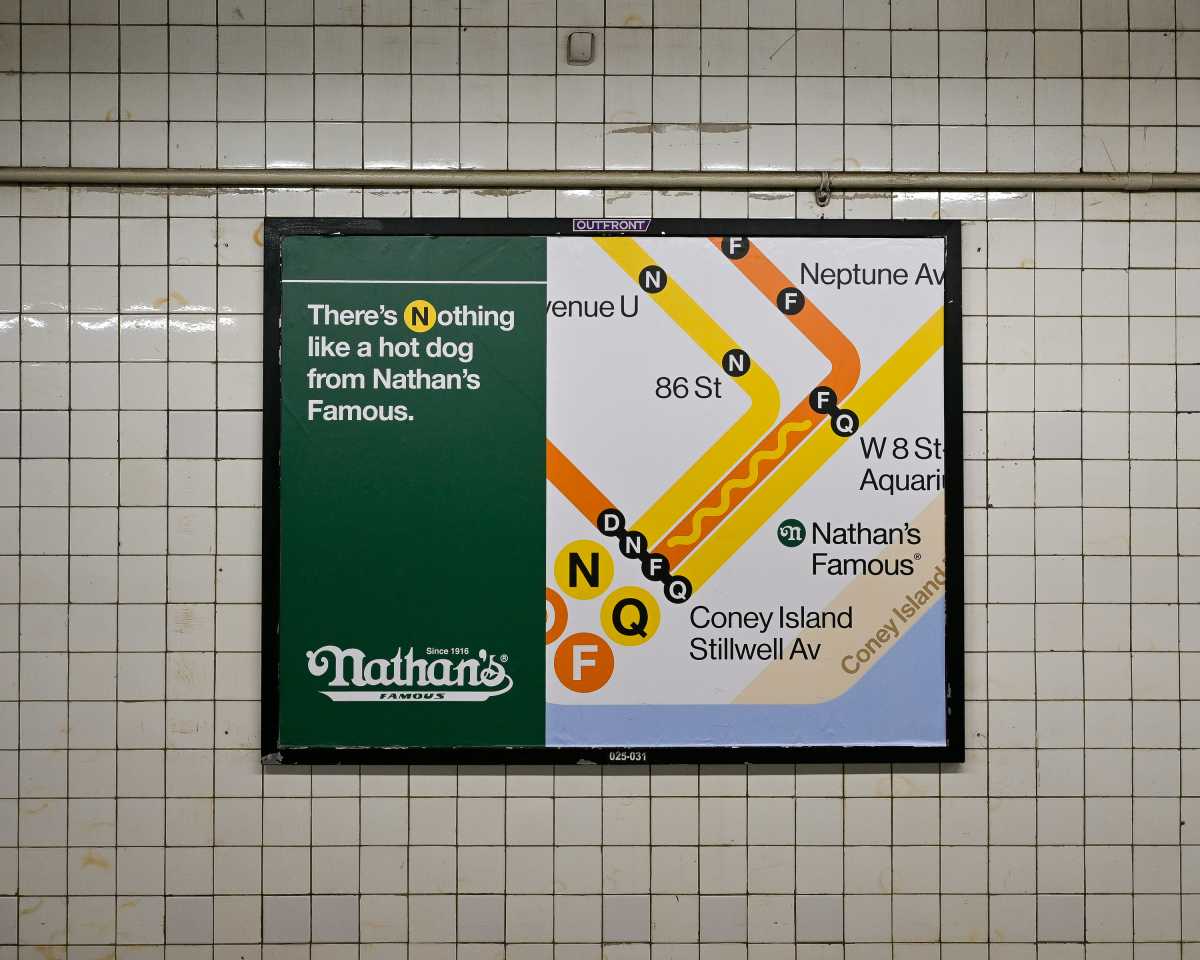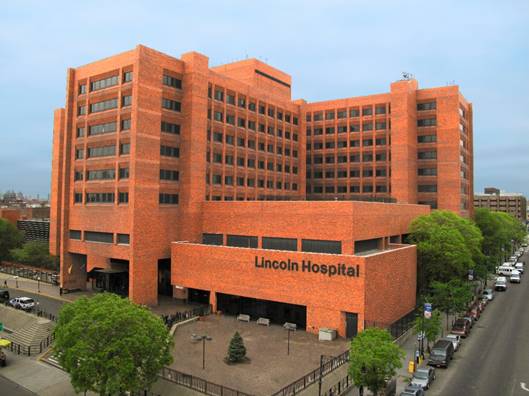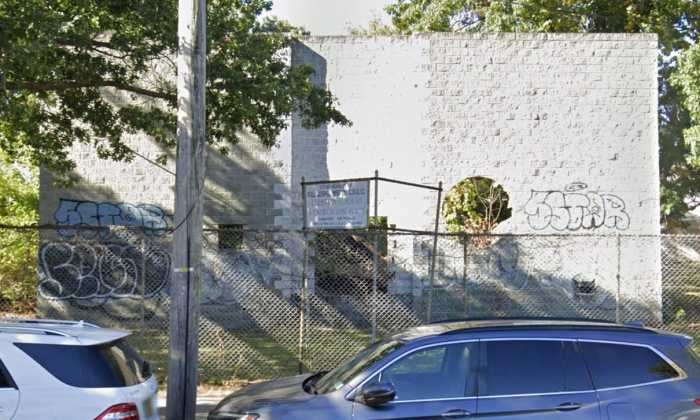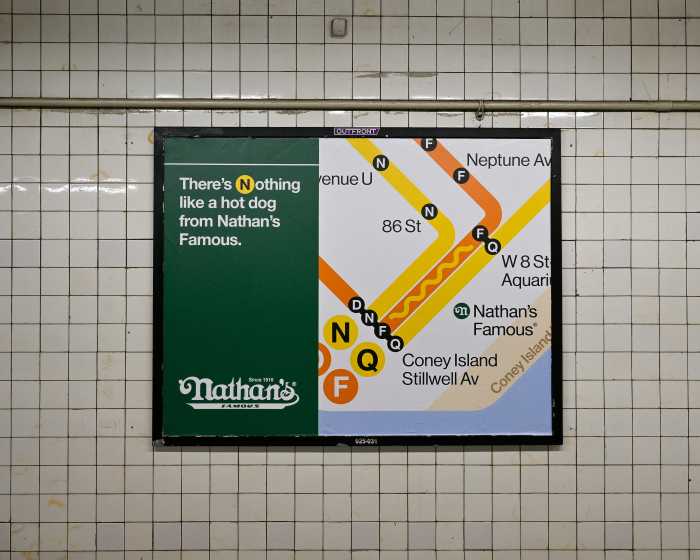Four years after launching federal litigation against Proposition 8, Chad Griffin, now president of the Human Rights Campaign, has reason to be happy. His hope of settling the question of a federal constitutional right to same-sex marriage fell short, for now, but marriage equality has been restored to California and, due to victory in the DOMA case, the U.S. government will now recognize legal marriages by gay and lesbian couples.
It is significant, then, that just 12 days after the two welcome Supreme Court rulings, Griffin used the start of a five-day trip this week to issue something of a dire warning: “that there are now ‘Two Americas’ when it comes to L.G.B.T. equality.” As he departed Washington en route to Virginia, North Carolina, Mississippi and Arkansas, those words were certainly appropriate to the itinerary, if not in fact an understatement.
The immediate impulse is to consider Griffin’s observation in the context of the marriage fight. Thirteen states now have marriage equality, another six offer civil unions or their equivalents, and one — Wisconsin — has a more modest partnership law. That’s 40 percent of the states, but those 20 states show a very distinctive geographic pattern.
Nine of the marriage-equality states hug the Eastern Seaboard — the six in New England, plus New York, Delaware and Maryland. Adding New Jersey, which has a civil union law and would have marriage had Chris Christie not used his veto pen last year, you see a stretch of equality or near-equality from Maine to the nation’s capital.
On the West Coast, there is gay marriage in Washington and California, and civil union-style laws in neighboring Oregon and Nevada. And the Upper Midwestern marriage oases of Minnesota and Iowa border Illinois, which has civil unions and strong momentum toward full marriage.
The 30 states that offer no relationship recognition dominate much of the rest of the Midwest, Great Plains, Mountain West and the entire South, from Virginia to Texas. Of those 30, 25 have prohibitions against same-sex marriage — and often other forms of partner recognition, as well — written into their constitutions, a hurdle that imposes special burdens on advocates seeking to deliver equality across the nation.
In the wake of the Supreme Court victories last month, groups from H.R.C. to Freedom to Marry to the gay community’s leading legal advocacy organizations offered game plans for advancing the marriage fight — in state legislatures and state and federal courts.
Hawaii, Illinois, New Jersey and Oregon are seen by some as the lowest hanging fruit. But state constitutional amendments will have to be undone one by one, unless there is a sweeping nationwide victory in the federal courts. And marriage equality will have to begin winning in states where gains to date have been modest to nil — places like Michigan, North Carolina, Ohio and Virginia, not even to mention Alabama, Mississippi, Kentucky or Texas.
And yet, relationship recognition and marriage aren’t the most important needs among L.G.B.T. Americans. In 29 states, queer people enjoy no statewide protections against discrimination of any type — in employment, housing or anything else.
Congress must, as a first step, move on the federal Employment Non-Discrimination Act. President Obama can — and must — issue an executive order barring discrimination by any business seeking contracts with the federal government. When it comes to discrimination, surely, it is unacceptable to Barack Obama that he preside over two Americas.
A version of this editorial first appeared in Gay City News, The Villager’s sister paper.



